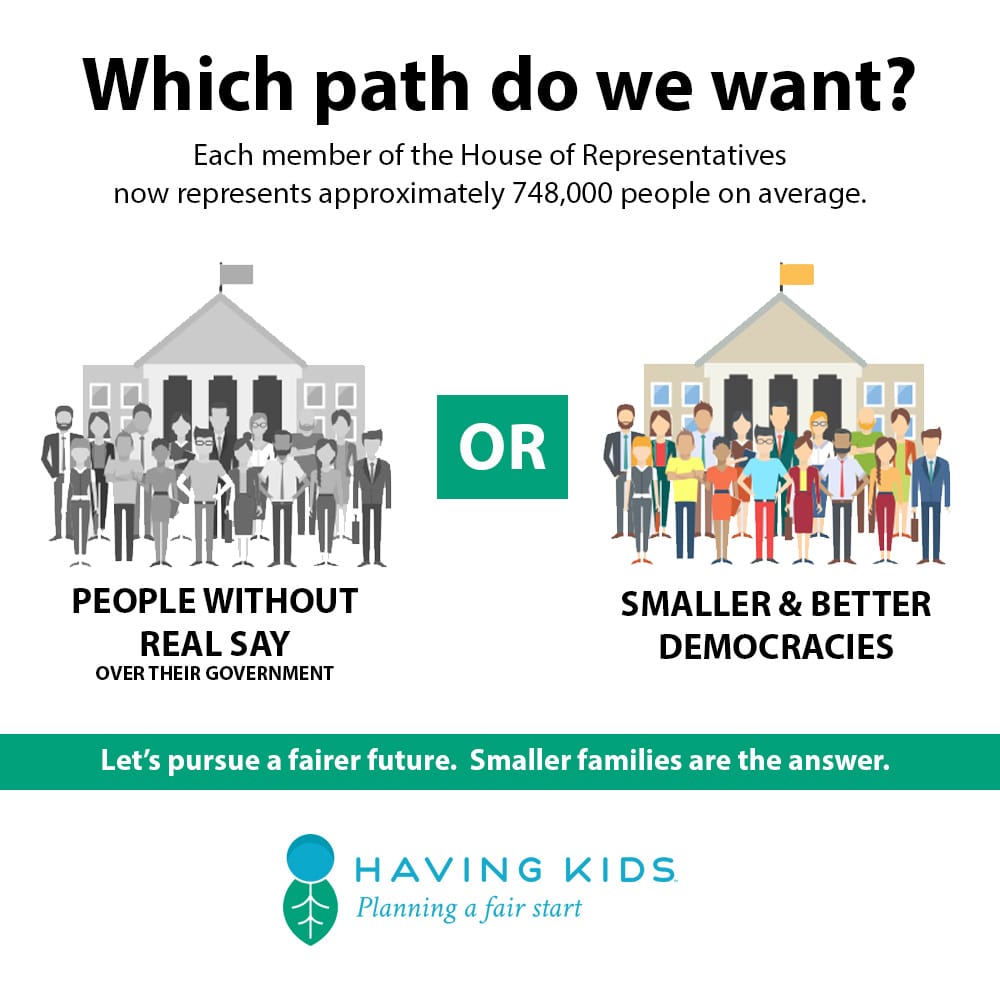When supporters of President Trump stormed the Capitol Building in January, business leaders, and prominent members of both political parties, condemned the act as a direct assault on democracy. The deadly attack was wrong for many reasons, but not because the Capitol represents a functional democracy.
It’s hard to understand why anyone believes Congress – a handful of people – could democratically represent the diverse and changing interests of the hundreds of millions of people that live in the United States. If democracy is characterized by self-rule or the decentralization of power, what Congress purports to do instead is run a large republic where powerful interests disproportionately control outcomes, rather than engage in the true democracy simply characterized by an extremely decentralized system of local control where each person’s voice matters and is heard.
We react strongly to the spectacle of what happened at the Capitol in part because it is sensational. Decades of corporate lobbyists invading the Capitol and slowly degrading the way it represents each person equally – and especially those most vulnerable – is less sensational. It’s not better – in many ways it’s worse and more impactful – but our brains don’t process it the same way. (In the linked TED talk Peter Singer focuses on our welfare and our cognitive limits, but the same lesson could be applied to self-determination and democracy).
While contrasts have been drawn between the police response to the attack versus the response to the George Floyd riots, we can also look to the disproportionate response police had to the Occupy movement, especially in Wall Street’s back yard. We may not be surprised then when the captains of corporate America swiftly condemned the attack on the Capitol. Violence reminds us that there is a form of power other than money.
If we really wish to ensure justice and to prevent further bloodshed, perhaps we should focus on making each voice heard and matter – whether it is the sort dying to end the constant killings of deeply disenfranchised black men by police, or the sort of voice intent on protesting the federal governance of our massive and deeply unequal population as undemocratic. If we don’t, these voices will raise their level of conflict, and violence.

How could we possibly increase each person’s role in governance? Traditionally our moderately federalized system pushes population growth as a means of expanding national power, then based on constitutional rules, it counts up everyone and apportions their representatives. Instead of exploiting future generations as a means of growth, what if we changed the way we have and raise kids to equitably invest more in them and in ways designed to give each a voice in hyper-decentralized future governance? Instead of assuming that the written Constitution magically ensures our representation, we could physically decentralize both private and public concentrations of power by taking resources and investing them in a smaller future population developed for self-rule. While that process must prioritize eliminating racial inequity, it is inherently nonpartisan.
In this way, we could begin to constitute democracies out of people, more than out of words, and build communities around our role in planning them, more than around racial or class identities. We could incentivize early fostering and adoption of children in need using the funds – like child tax credits – that currently incentivize having larger families. We could also do it by redistributing wealth from the top of the economic pyramid through enhanced “baby bond” legislation meant to ensure birth equity and tie future children’s needs to better family planning. Giving a voice – in this way – can mean giving what both margins, left and right, want respectively, albeit over the span of a few generations: Greater equity for the former, and greater autonomy for the latter.
The best part? If developing future generations to engage in equal self-rule is something that logically precedes the political processes we are accustomed to, we don’t need the government to begin the decentralization of private and public power. We can instead join as liberals and conservatives to target the power of both big business and big government, which in divided political camps we respectively object to, based on the simple truths that every child deserves to get a fair start – both ecologically and socially – in life, and that every child deserves to eventually matter in the processes that govern their day to day lives.
They have that first human right, and as their protectors, we may ensure it for them by all means effective.
Take action: Urge you representatives in Congress to support the United America campaign.

